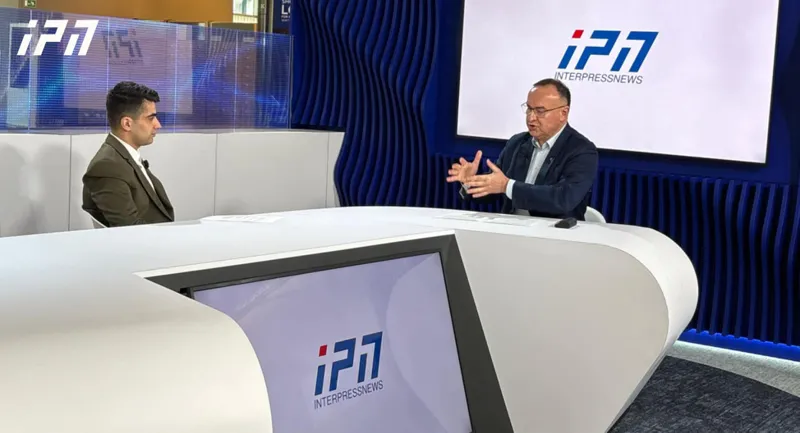Aleksandre Tsuladze, candidate for the Ministry of Education, Science and Youth, explains the decision to remove a number of works from the exam program of Georgian language and literature.
As Tsuladze said in the parliament, in response to the question of the deputies at the joint session of the committees in the format of the declaration of confidence in the government, only those works that are mandatory in the training programs will be included in the exams, and the said works are optional in the training program.
In addition, the ministerial candidate has the initiative to make the works removed from the examination materials of Georgian literature mandatory according to the new subject standards. However, according to his own explanation, this issue is up to the decision of an independent expert group.
"I don't want to promise the audience that we will definitely include it, depending on what will be in the training or exam program, the group of experts decides. After something is agreed upon by the group of experts, these issues are widely discussed and discussed. I have a great desire and I hope we will be able to, but independent experts decide this issue", said Aleksandre Tsuladze.
According to him, "nothing has changed in the learning process and all authors and works are taught in the same way as before".
"Unfortunately, I heard a statement on the social network or in the media that they were removed, they no longer teach. This is either a deliberate misrepresentation, or a false alarm, which the deceived people themselves have caused to be introduced in the society. This is a false alarm because the children, who will have to take the national exams this year, have already learned all these things, they have passed them.
We have compulsory and non-compulsory parts for all subjects, and the Ministry of Education was dissatisfied with what is compulsory. Why did they find issues beyond what is mandatory in the exams? Now we are talking about 7-8 works, such optional literature was actually much more.
The way it is in the world is that you can't make all the work that we want to be taught in schools mandatory. This is wrong from a methodological point of view. No one, anywhere can achieve what the system, the Ministry of Education or the teachers want. That is why [the material] is divided into mandatory and optional parts in the learning process. Only those works that are compulsory to study will be included in the exams.
As for the specific works mentioned in the media - a few months ago we changed the national goals of general education for the first time in the last 20 years and strengthened national, patriotic values and values in it. Therefore, we will approve new subject standards in 2025. My and our team's initiative is to add those works to the new subject standards, which will emerge from the national goals, to add them to the compulsory study part.
One is that those who pass this year have learned; "In the coming years, if it is the case that students do not pass the optional part because they will not meet at the exam, it will become a mandatory part and this problem will be eliminated," said Aleksandre Tsuladze.
For information, according to the decision of the Minister of Education, Science and Youth, Aleksandre Tsuladze, changes were made in the list of programs of the unified national exams of 2025.
In particular, the amount of material included in the exam program of Georgian language and literature has been reduced, and in some cases, entrants no longer have the obligation to submit the works of certain writers.




